Comprehensive Learner Record at UMBC—Providing Students Their Own Digital Asset
Since 2015, the University of Maryland, Baltimore County (UMBC), has prioritized and acted on the need to better capture learners’ knowledge, skills, and abilities which they were acquiring in different places besides the classroom. Programs, workshops, service learning, co-curricular and extra-curricular activities, and course work offered across UMBC enable the community of learners—students, staff, and faculty— to practice and earn transferable and marketable competencies that demonstrate their mastery and expertise.
As we expanded what we were calling our “micro-credentialing initiative”, we issued badges such as Employee Cybersecurity Awareness, CashCourse Financial Literacy, and Personal Leadership and Project Management. As we reflected on this expansion of offerings, it became increasingly clear that Comprehensive Learner Record (CLR) would need to be an integral part of student achievement of skills. CLR would provide a digital asset that would be meaningful for students to synthesize and share their accomplishments and skills with employers. CLR allows individuals to own this digital asset that captures all of their learning and experiences in a verifiable record. UMBC’s badging initiative provided a foundation to begin working with partners—both internal and external—to expand our efforts.
As my colleagues and I discussed in our case study, Continuous Improvement of Student Learning: Designing a Comprehensive Learner Logic Model, UMBC is particularly interested in supporting our students to better articulate their expertise gained from experiential learning that is relevant for the workforce. In partnership with The Greater Washington Partnership (GWP), a civic alliance of the region’s leading employers and higher education institutions, UMBC is a leader in creating, designing, and aligning a number of modules and courses to the GWP framework for the Digital Generalist and Specialist credentials. Currently, badges are being issued to the learners externally but as a partner of AEFIS, UMBC will begin to enable the badge and its metadata to flow to a student’s CLR early next year.
The processes and understandings gained from working with GWP have been invaluable, and have provided guidance on how we can expand the work to additional certificate programs, undergraduate and graduate programs, co-curricular, and extra-curricular activities to be included in the CLR logic model.
I hope you will join my colleagues from UMBC and AEFIS at our 2021 Learning Impact Conference session: Designing a Comprehensive Learner Record Logic Model for Lifelong Learning. You can register here and take part! In our session, we will further discuss how UMBC’s CLR logic model is supporting curriculum revision, student learning, and preparing students for their future careers and how partnering with employers in our institution’s region supports the mission and vision of learning and career readiness.
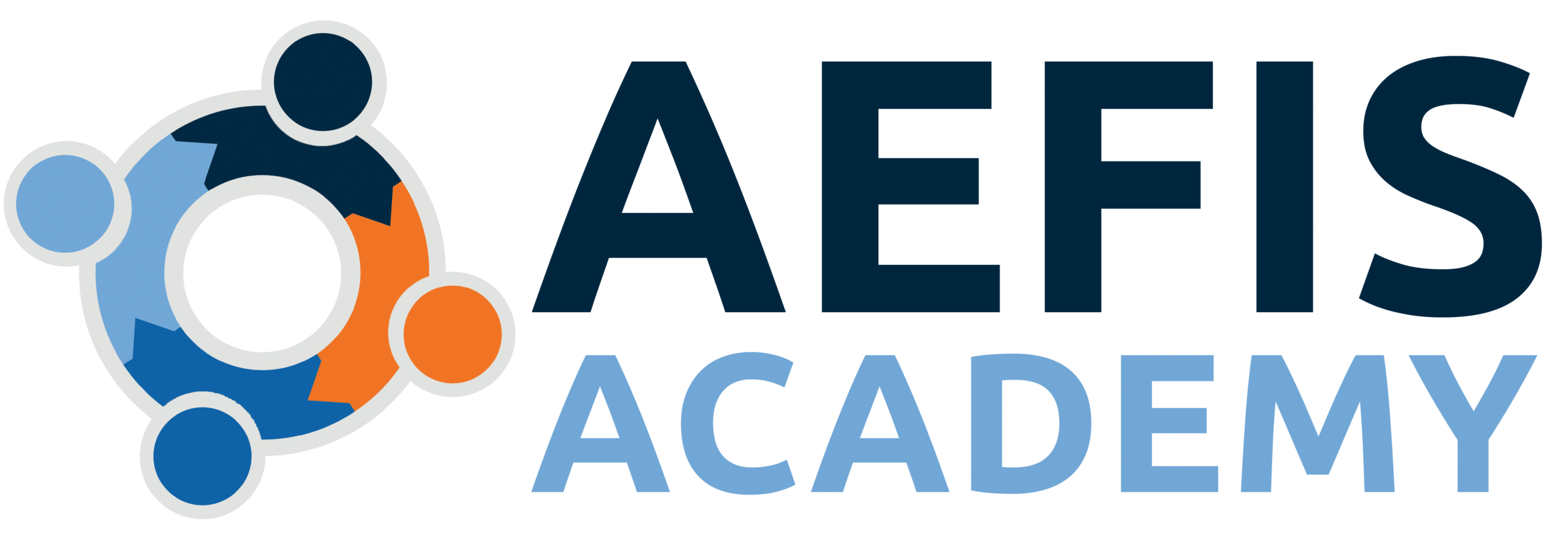
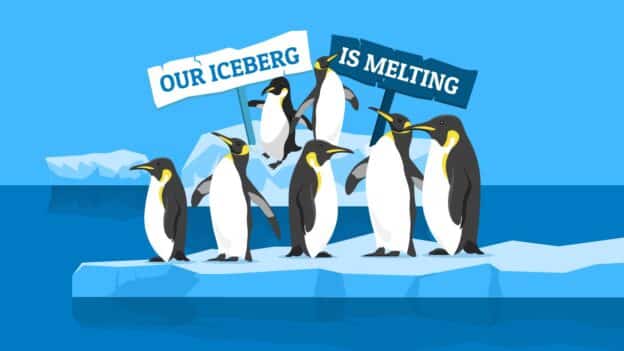
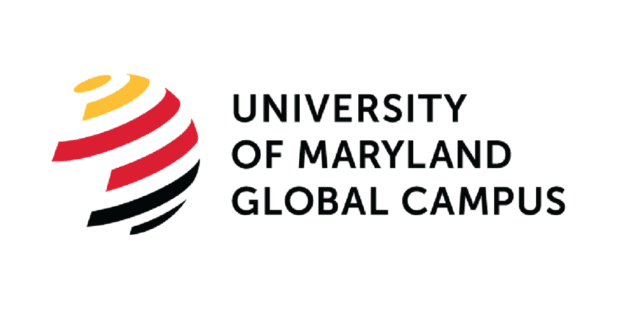
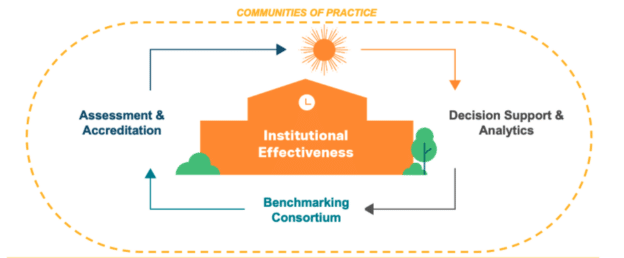
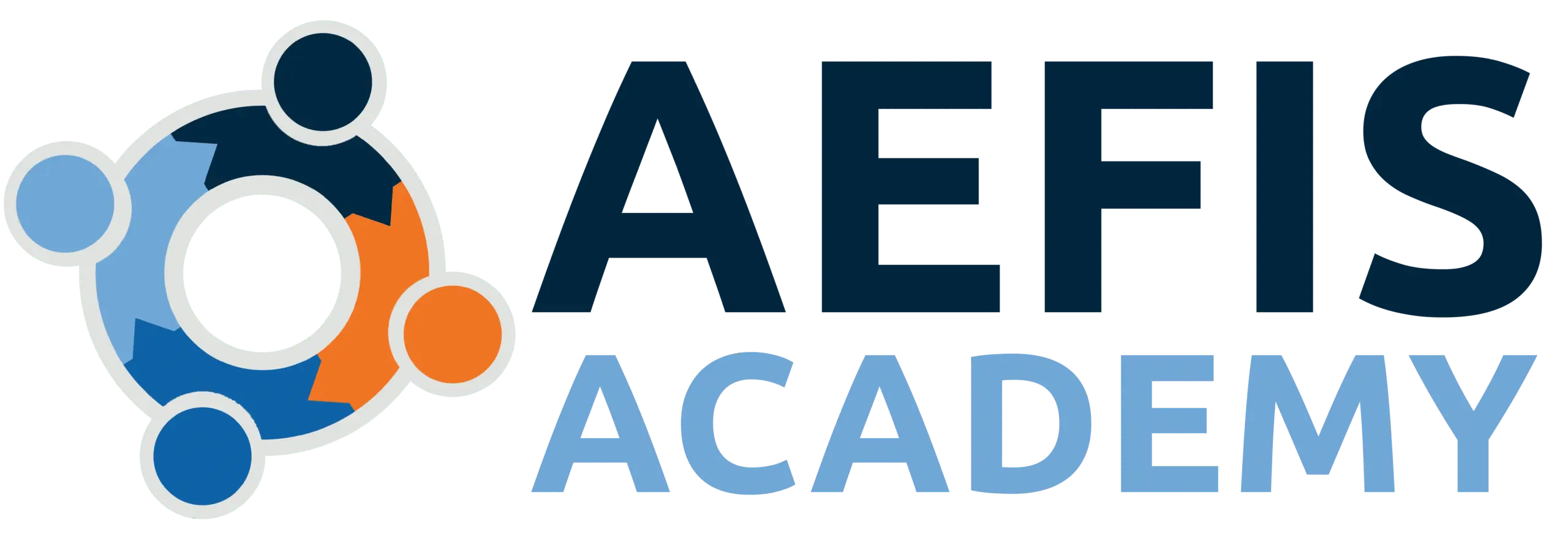
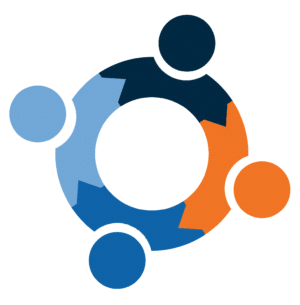
Discussion